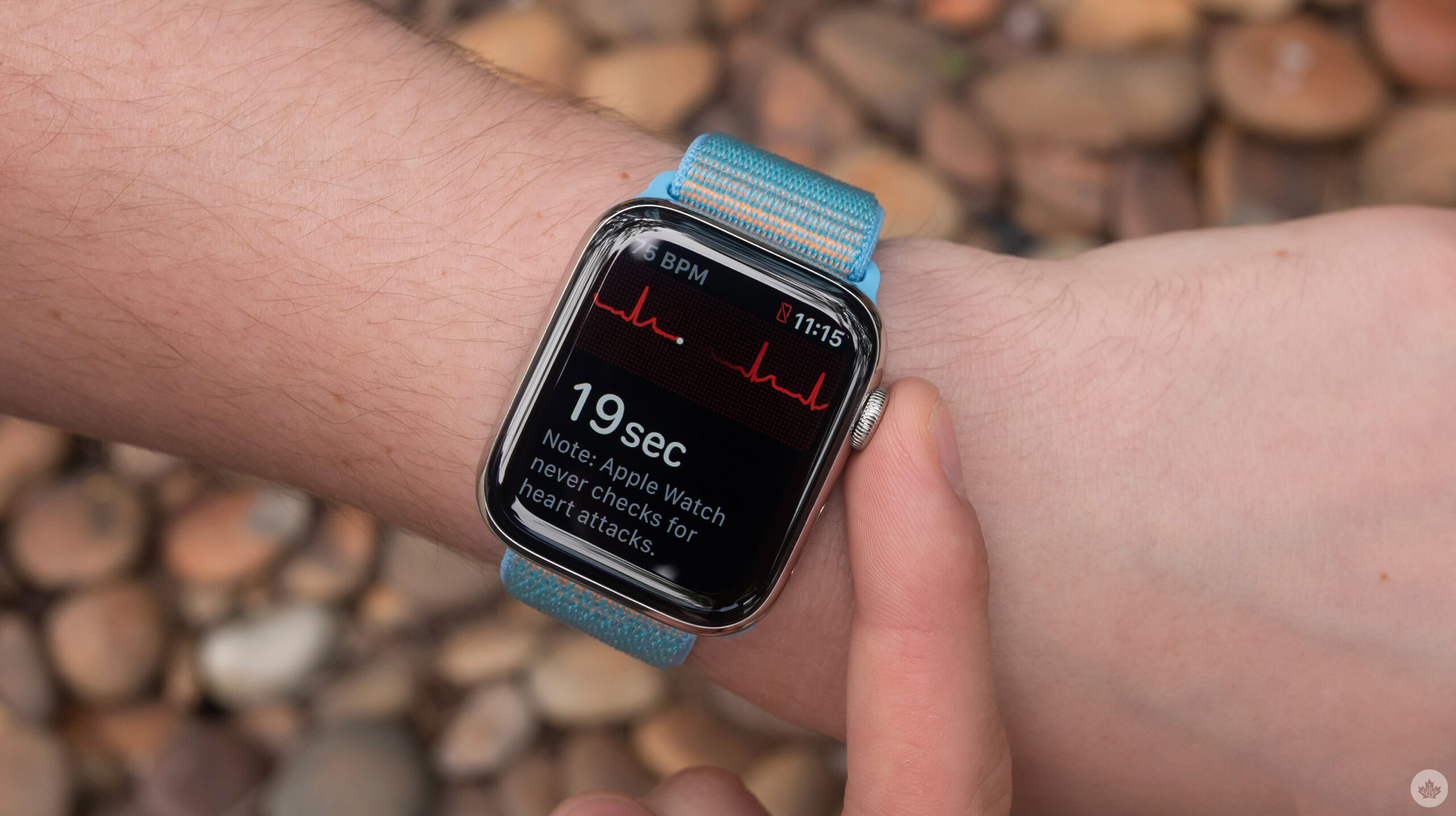
Mayo Clinic is developing an algorithm that leverages the Apple Watch’s electrocardiograms (ECG) to detect if a person’s heart is not pumping blood optimally, as reported by StatNews.
The study, which was presented at the annual Heart Rhythm Society conference in San Francisco on Sunday, May 1st found that the algorithm correctly diagnosed weak heart pumps in a small number of individuals from the study.
Researchers from Mayo Clinic updated a regular 12-lead ECG algorithm to interpret the Apple Watch’s single lead ECG data. “This demonstrates that you can design studies to explore the utility of single-lead (EKG) from devices like Apple Watch for clinical problems, and the researchers need to be commended for that. This should be viewed as a first step, but by no means is it ready for prime time,” said Collin Stultz, a cardiologist at Mass General Brigham in Boston.
The clinic is currently working to polish the algorithm by working on a one million-person research that will test various cardiac function algorithms. Its purpose is to detect heart problems in people in earlier stages and prevent the said problem from aggravating.
“If you’re a person who has high blood pressure and diabetes and you’re over 60, you may have a weak heart pump and not know it,” said Paul Friedman, the head of the study. “You may not be going to your doctor too often, but a watch you buy at the store could tell you there’s an important signal that needs to be screened.”
Source: StatNews
MobileSyrup may earn a commission from purchases made via our links, which helps fund the journalism we provide free on our website. These links do not influence our editorial content. Support us here.


